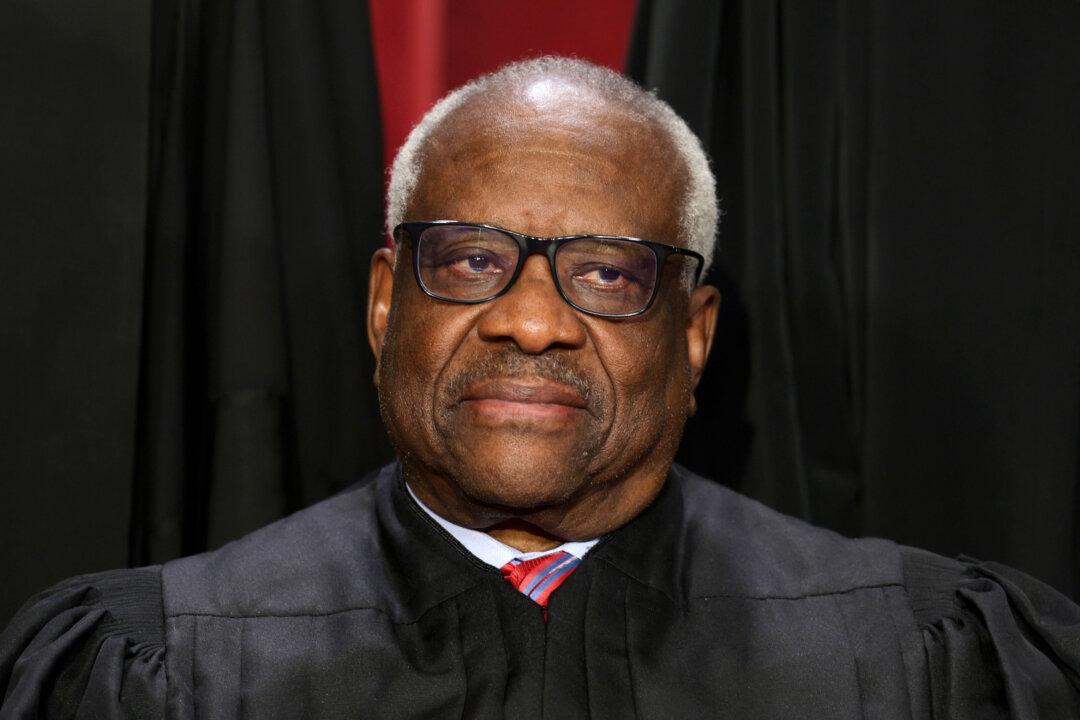The U.S. Supreme Court declined this week to consider reversing a Hawaii Supreme Court ruling that allowed authorities to prosecute a man for carrying a pistol in public without a license.
The new decision was made after the Hawaii Supreme Court issued a ruling in the case that criticized the U.S. Supreme Court for several of its Second Amendment opinions that bolstered gun rights.





